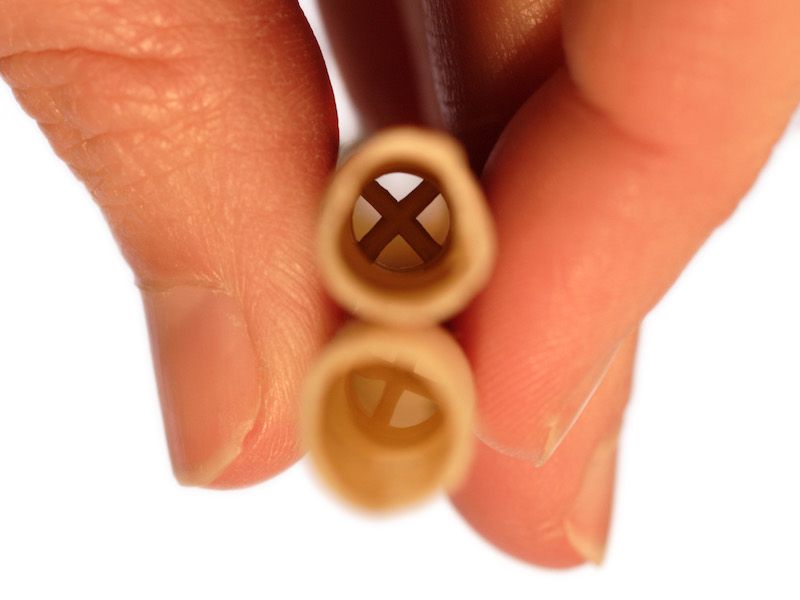
There’s a lingering belief in some groups that a practice known as “ear candling” is an effective way to decrease your earwax. What is ear candling, and does it work?
Earwax Candles, do They Work?
Spoiler alert: No. No, they don’t.
Why then, does this piece of pseudo-science keep finding its way into the minds of otherwise reasonable human beings? It’s hard to say with much precision. But the more you discover about earwax candling, especially the risks involved, the more likely you can draw an informed decision (even if the logical choice is pretty obvious).
Earwax Candling, What is it?
So the basic setup goes like this: Maybe you’re not certain how to remove all your built up earwax. You know you aren’t supposed to use cotton swabs (which is good, cotton swabs are not an ideal way to clean out your ears, in most cases). So you start searching for an alternate and stumble on this method called earwax candling.
Here’s how earwax candling supposedly works: You generate a pressure differential by putting the candle into your ear, wick side out. The wax in your ear, then, is pulled outward, towards the freedom of the open world. Any wax that might be clogged up in your ear can, theoretically, be pulled out by this amount of pressure. But cleaning your ears this way can be dangerous.
Why Isn’t Ear Candling Effective
This practice has several problems, including the fact that the physics simply don’t work. You would need a significant amount of pressure to move earwax around and a candle is not capable of creating that kind of pressure. Second, creating that type of pressure difference would require some kind of seal, which doesn’t occur during candling.
Now, there are supposed to be special candles used in this “procedure”. When you’re done with your fifteen minutes of ear candling, you can break apart the candle and, in the hollow, see all bacteria, debris, and wax that was in your ear. But the issue is you can find this same detritus in new unburned candles also. So the whole practice amounts to fraud.
Scientific analysis has never been able to prove any benefit regarding earwax candling.
So Earwax Candling Doesn’t Work, But How Safe is it?
What’s the danger in giving it a shot, right? Well, any time you get hot candle wax near your ears, you’re asking for trouble. Look, it’s very possible that you might try ear candling and leave completely unharmed. Plenty of people do. But that doesn’t mean there aren’t hazards involved, and it definitely doesn’t imply that ear candling is safe.
The negative effects of ear candling can include:
- Significant burns to your inner ear. Serious hearing problems and burns can be the result of getting hot wax in your ear. In the most severe cases, this might permanently jeopardize your hearing.
- Candle wax can also block up your ear canal once it cools. You could end up temporarily losing your hearing or even requiring surgery in severe cases.
- Whenever you’re messing around with an open flame, there’s a possibility that you may cause significant damage and put your life in danger. Seriously, you could burn your house down. Clearing away a bit of earwax isn’t worth that kind of risk and danger.
You Can Keep Your Ears Clean Without Needing a Candle
In the majority of circumstances you will never even have to be concerned about cleaning earwax out. That’s because your ears are really pretty good at cleaning themselves! Nevertheless, there are a few people who will have uncommonly heavy earwax production or accumulation to deal with.
If it happens that you have excessive earwax there are techniques that have been proven to work safely. You could use a fluid wash, for example. Another solution would be to consult a hearing care professional for an earwax cleaning.
Cotton swabs are definitely not the way to go. And you should also avoid using an open flame to clean out earwax. Earwax candling is a procedure that has no advantage and will put your ears, and your entire person, at substantial risk of injury and damage. Try burning candles for their sent or for enjoyment but never as a means to clean your ears.
